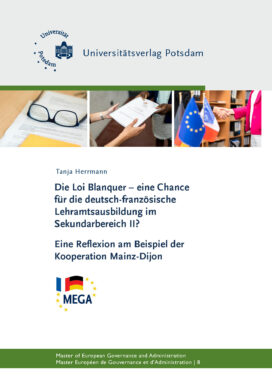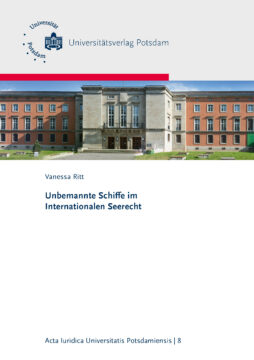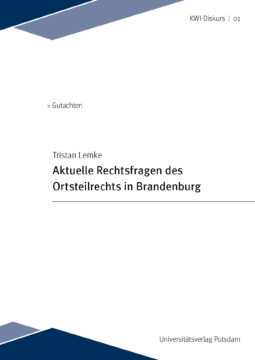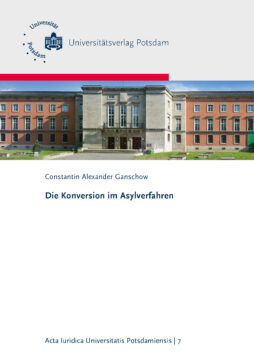“European education starts at school”. This motto seems more important than ever, especially in times of renewed nationalism and a shift to the right in Europe. The most successful way of anchoring a European dimension in the schools of the EU member states in the mid and long term is through bi-national or even international teacher training. However, there are significant obstacles to the establishment of such programmes. They are few in number and exist only in the Franco-German context. This is due, firstly, to the many obstacles, which are difficult to overcome, resulting from the strong divergence between studies, recruitment and training systems. Secondly, teacher education is an area particularly affected by reforms. Consequently, a benefit-cost analysis of the frequently required and resource-intensive adjustments to programmes on the one hand and the low number of graduates on the other, is negative at many universities. A review of the Mainz-Dijon cooperation efforts since 2000 leads to a mixed picture. The reorganisation of teacher training, which is currently taking place on the French side, offers an opportunity to make teacher training more integrated. The Loi Blanquer of 26 July 2019 brings the two systems closer together and makes it possible – also through already existing legal instruments – to shorten the training period and improve recognition practices.
eine Reflexion am Beispiel der Kooperation Mainz-Dijon
54 pages
Release year 2023
Series: MEGA-Schriftenreihe , 8
Non-taxable transaction according to § 1 (1) UStG/VAT Act in combination with § 2 (3) UStG/VAT Act a. F. Providing this service, the University of Potsdam does not constitute a Betrieb gewerblicher Art/Commercial Institution according to § 1 (1) No. 6 or § 4 KStG/Corporate Tax Act. If the legal characterization of our business is changed to a commercial institution subsequently, we reserve the right to invoice VAT additionally.
“European education starts at school”. This motto seems more important than ever, especially in times of renewed nationalism and a shift to the right in Europe. The most successful way of anchoring a European dimension in the schools of the EU member states in the mid and long term is through bi-national or even international teacher training. However, there are significant obstacles to the establishment of such programmes. They are few in number and exist only in the Franco-German context. This is due, firstly, to the many obstacles, which are difficult to overcome, resulting from the strong divergence between studies, recruitment and training systems. Secondly, teacher education is an area particularly affected by reforms. Consequently, a benefit-cost analysis of the frequently required and resource-intensive adjustments to programmes on the one hand and the low number of graduates on the other, is negative at many universities. A review of the Mainz-Dijon cooperation efforts since 2000 leads to a mixed picture. The reorganisation of teacher training, which is currently taking place on the French side, offers an opportunity to make teacher training more integrated. The Loi Blanquer of 26 July 2019 brings the two systems closer together and makes it possible – also through already existing legal instruments – to shorten the training period and improve recognition practices.
Recommended Books
-
 2022
2022Unbemannte Schiffe im Internationalen Seerecht
15,00 €Non-taxable transaction according to § 1 (1) UStG/VAT Act in combination with § 2 (3) UStG/VAT Act a. F. Providing this service, the University of Potsdam does not constitute a Betrieb gewerblicher Art/Commercial Institution according to § 1 (1) No. 6 or § 4 KStG/Corporate Tax Act. If the legal characterization of our business is changed to a commercial institution subsequently, we reserve the right to invoice VAT additionally.
zzgl. Versandkosten
Add to cart -
 2011
2011Logi Gunnarsson, Eckart Klein, Andreas Zimmermann
MenschenRechtsMagazin ; 16 (2011) 1
10,00 €Non-taxable transaction according to § 1 (1) UStG/VAT Act in combination with § 2 (3) UStG/VAT Act a. F. Providing this service, the University of Potsdam does not constitute a Betrieb gewerblicher Art/Commercial Institution according to § 1 (1) No. 6 or § 4 KStG/Corporate Tax Act. If the legal characterization of our business is changed to a commercial institution subsequently, we reserve the right to invoice VAT additionally.
zzgl. Versandkosten
Add to cart -
 2023
2023Aktuelle Rechtsfragen des Ortsteilrechts in Brandenburg
Non-taxable transaction according to § 1 (1) UStG/VAT Act in combination with § 2 (3) UStG/VAT Act a. F. Providing this service, the University of Potsdam does not constitute a Betrieb gewerblicher Art/Commercial Institution according to § 1 (1) No. 6 or § 4 KStG/Corporate Tax Act. If the legal characterization of our business is changed to a commercial institution subsequently, we reserve the right to invoice VAT additionally.
Read more -
 2021
2021Die Konversion im Asylverfahren
12,00 €Non-taxable transaction according to § 1 (1) UStG/VAT Act in combination with § 2 (3) UStG/VAT Act a. F. Providing this service, the University of Potsdam does not constitute a Betrieb gewerblicher Art/Commercial Institution according to § 1 (1) No. 6 or § 4 KStG/Corporate Tax Act. If the legal characterization of our business is changed to a commercial institution subsequently, we reserve the right to invoice VAT additionally.
zzgl. Versandkosten
Add to cart
Contact
Potsdam University Library
University Press
Am Neuen Palais 10
14476 Potsdam
Germany
verlag@uni-potsdam.de
0331 977-2094
0331 977-2292





